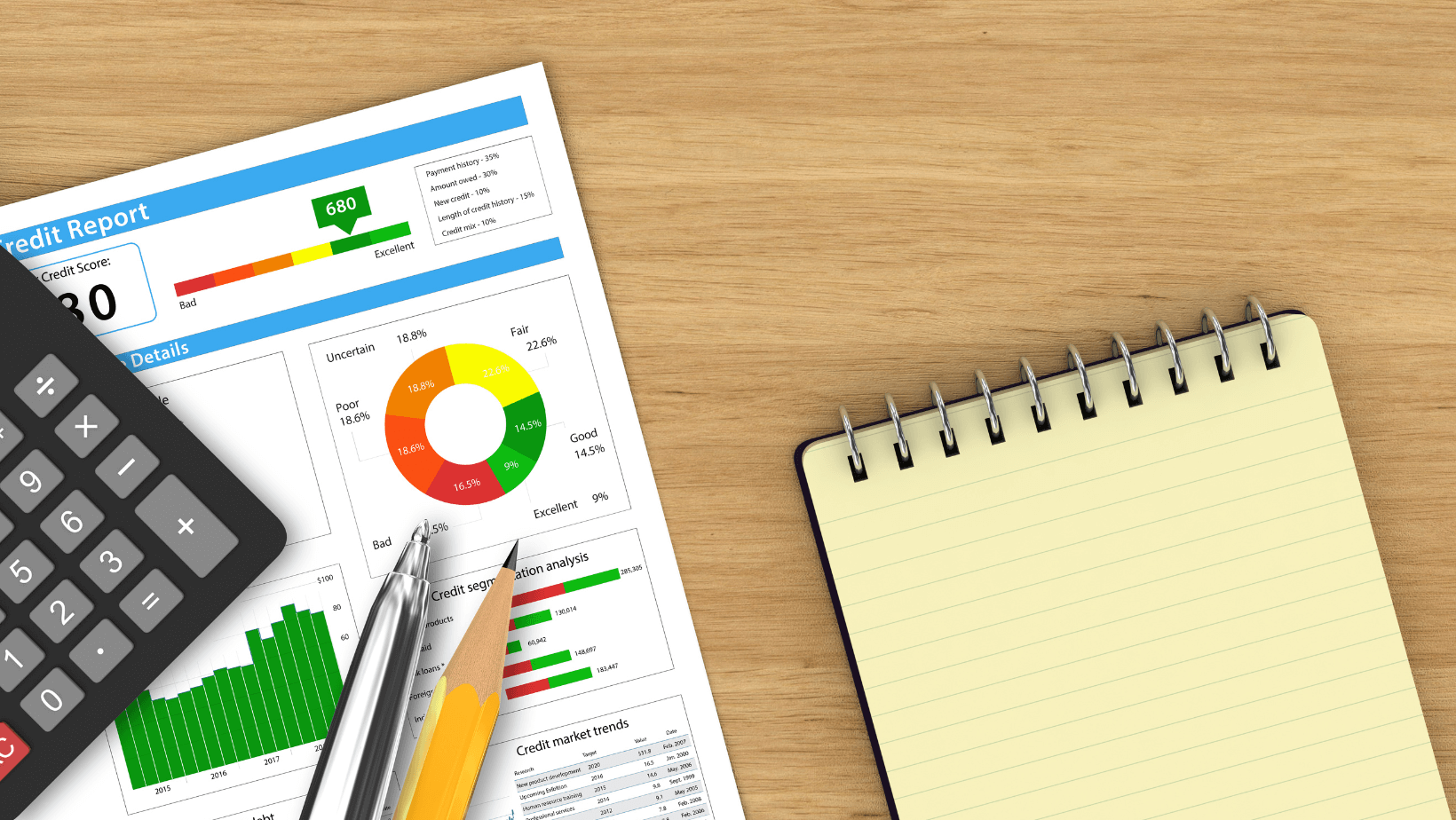
When a credit union is deciding whether to lend someone money, it wants to have some assurance that they will get back what is borrowed. Credit history is one of the most important factors of creditworthiness to credit unions when determining whether you qualify for a loan. Credit bureaus (Equifax, Transunion, and Experian) provide institutions with a list of your credit history, which is called your credit report. In the beginning, though, we all start out with a blank slate, meaning we have nothing on paper to prove our creditworthiness. Those with poor credit history are more of a risk to lend to because it looks like they don't handle loan payments well. New borrowers who don't have credit and borrowers with poor credit history find that when they want to apply for a credit card or an auto loan, they don't qualify for the amount they want and might even be denied for a loan all together. Without positive payment history, it's harder for a credit union to know if someone is financially suited for a loan.
Share secured loans are an easy way for anyone to build their credit, so when the time comes for that credit card or auto loan, you'll have history proving your creditworthiness. Before we talk more about a share secured loan, though, it's important to understand how a typical secured loan works.
Secured loans are loans where a credit union requests the borrower to put something up as collateral in the case that they don't fulfill their repayment of the loan. Normally, collateral is a vehicle or piece of real estate which the credit union places a lien on. If too many payments are missed, the credit union uses its lien on the car or house to get its money back. The value of the car or property is basically insurance for the credit union if the loan isn't paid back.
Instead of using a car or property as collateral, share secured loans use money as collateral. It sounds a little weird, but when you get a share secured loan, you are 'pledging' money from your savings account to secure the amount being lent to you. The money you pledge is used as collateral and put on hold, and you are given credit for what you've pledged. Since it’s just on hold, the money you pledge also continues to gain interest as it sits in your savings.
For example, let's say Jane had $1,000 in savings and needed to build her credit. She would pledge that $1,000 as collateral, meaning it would not be available to her, and her credit union would loan her $1,000. At 12 months with an annual percentage rate of 3.5%, Jane would have a monthly payment of about $85. Jane would pay a low interest rate on the loan because of how secure her form of collateral is. Secured loans that use cars and houses as collateral have higher interest rates partly because damage can occur to those types of collateral. Cars can get wrecked, houses can catch fire, but nothing is going to happen to Jane's money in the credit union that is on hold. Every month when Jane makes her monthly payment of $85 to the credit union, $85 gets released from the amount on hold, and becomes available to Jane again.
New borrowers who don't have credit history and borrowers who have had poor history would likely benefit from a share secured loan. New borrowers usually require a minimum of six months of payment history to build a score. That being said, a longer term can allow you to continuously build your credit even after six months. The important part is making your payments on time. A share secured loan won't do much good to show your creditworthiness if it doesn't get paid back.
If you’re interested in applying for a share secured loan and building your credit, don’t hesitate to reach out to our team. We’re always ready to help you improve your financial wellness and build a brighter and more secure financial future!